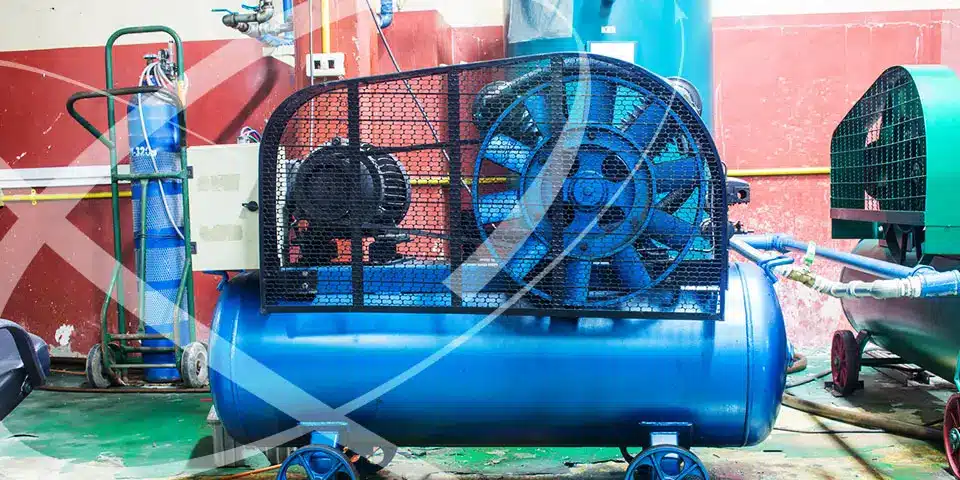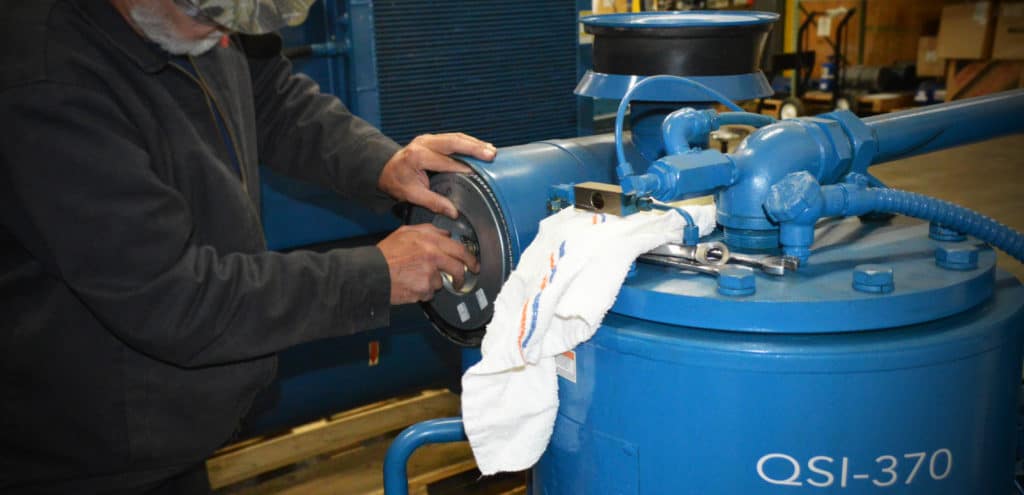Maintenance Tips for Gas Power Air Compressors
For professional and DIY users, the gas power air compressors are aids that cannot be ignored. Such excellent performance and portability are commonly utilized for applications, including pneumatic tools as well as tire inflation. But just like a machine, they need maintenance for them to perform at their peak and last long enough.
Regular Inspections

One of the most important things that you can do when maintaining a gas-powered air compressor is to inspect it regularly. You must check the compressor regularly, each time before using it. Check for any excessive wear and tear: leaks, cracks, or connections that have worked themselves loose.
Be sure to inspect the air filter, oil level, and gas tank. A good check before you start would lessen the risk of accidents during operation and prolong the life cycle of your compressor.
Oil Changes
The primary and most crucial part of maintenance for a gas power air compressor is just to get your basic oil change. She said that is how the oil can circulate through all the moving parts, preventing them from grinding on each other with friction and causing heat.
Refer to the manufacturer’s recommendations for the appropriate oil change interval, generally every 50 to 100 operating hours.
Air Filter Maintenance

The air filter also plays a critical role in maintaining the efficiency of your compressor. A dirty or clogged filter can restrict airflow, leading to reduced performance and increased wear. Depending on your usage, you should clean or replace the air filter regularly.
For most compressors, this may mean checking the filter every 25 hours of operation. If you’re using the compressor in dusty or dirty environments, you might need to inspect it more frequently. A clean filter ensures that the compressor operates efficiently and can help prevent costly repairs down the line.
Drain the Tank
One common problem with air compressors is moisture buildup, especially when operated in humid settings. Condensation can also occur inside the tank, which can result in rust and corrosion when this cooled compressed air sits. You have to empty the tank frequently in order to avoid this.
Gas-powered air compressors commonly feature a drain valve near the bottom of the tank. Or just get in the habit of draining it every time you use it or once a week if you use the compressor on a regular basis. This one simple step can equate to a long life for your compressor and help ensure that it is running efficiently as well.
Fuel System Checks
Since gas air compressors are combustion systems, checking the fuel and fuel system is critical. Only fill your tank with the fuel type specified on the manufacturer’s manual.
Starting issues and engine performance problems can occur with old or contaminated fuel. Twenty year old fuel can be drained and fresh treated fuel added if the compressor has been sitting idle for a number of years. Check the fuel lines for signs of leaks or cracks, and replace any damaged parts as needed.
Proper Storage
Proper storage is vital for maintaining the longevity of your gas power air compressor. When not in use, store the compressor in a clean, dry place away from moisture and extreme temperatures. If possible, cover the compressor to protect it from dust and debris.
For gas-powered models, it’s a good idea to drain the fuel tank if you plan to store the compressor for an extended period. This practice helps prevent fuel degradation and keeps the fuel system in good condition.
Gas power air compressors require maintenance to continue operating efficiently and effectively. As long as you are checking the compressor, changing the oil on time, and keeping it clean your air compressor should always be in tip-top shape to get any job done.
Proper maintenance equals more longevity and a more productive tool while you are tackling your task. In short, with a little thought spare once every few years it will pay off and you can rest easy knowing everything is working as intended.






